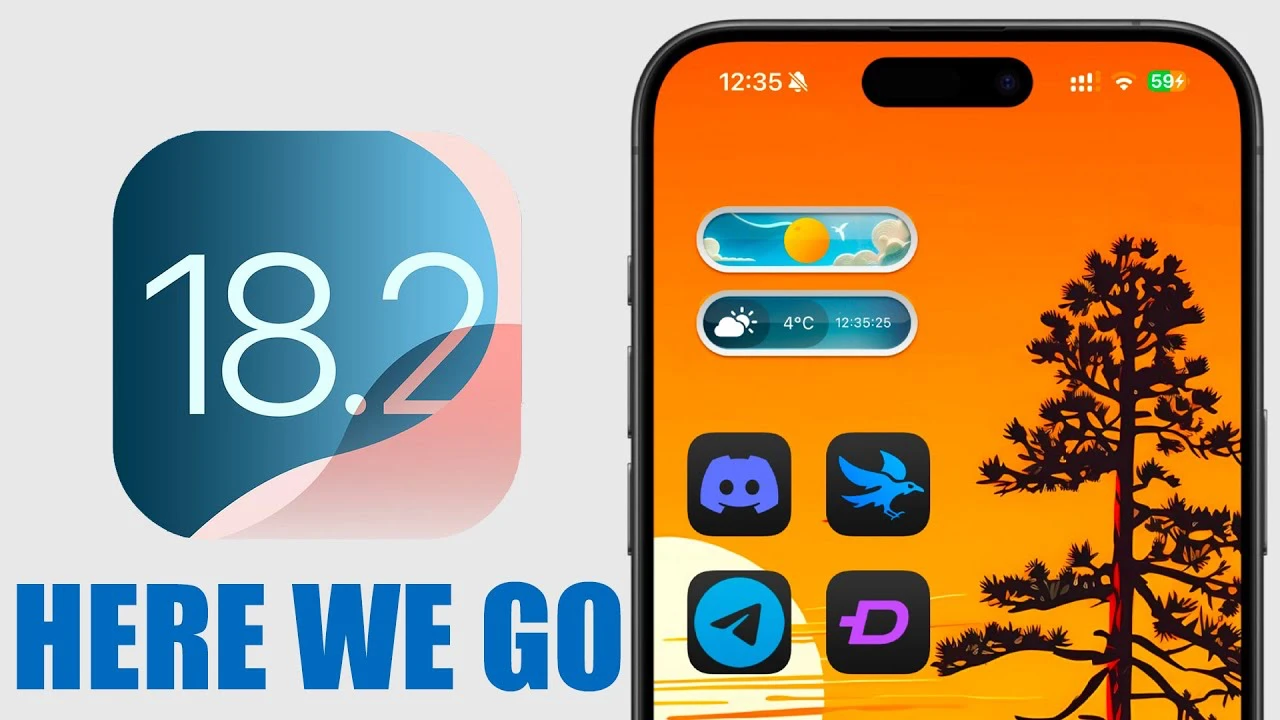Introduction
Two leading platforms for crypto-powered casinos are Ethereum and Tron. In this comprehensive guide, we’ll examine how Ethereum and Tron casinos work, their key features, major brand comparisons, limitations facing blockchain gambling, and the outlook for these platforms to disrupt the traditional online casino industry.
Understanding Tron Casinos
The Tron blockchain has also emerged as a popular hub for crypto gambling dApps. Benefits such as fast and inexpensive transactions, support for tokenized chips, and a developer-friendly environment have led to rapid growth in Tron casinos.
Tron gambling sites leverage smart contracts for game logic similar to Ethereum. However, Tron prioritizes high throughput above full decentralization. This enables fast and cheap payments, ideal for gambling but with some compromises compared to Ethereum’s emphasis on censorship resistance and resilience.
Players access Tron casinos through wallet apps like TronLink. Major Tron gambling brands include WINk, 888Tron, Bankroll, and TronVegas, which focus heavily on promotions and rewards programs to maximize player activity.
Understanding Ethereum Casinos
Ethereum provides an ideal foundation for crypto gambling thanks to its support for smart contracts blockchain-based programs that enable key casino functionality:
Game logic: All game rules and payouts are handled transparently via smart contract code rather than a private back-end server.
Randomness: Verifiable random number generation tools like Chainlink VRF provide auditable RNG to ensure fair shuffling and dealing.
Payments: Players can fund their balances and collect winnings directly via smart contract transactions using ETH.
This approach provides unprecedented transparency and verifiability. Players don’t need to trust a casino operator since all gameplay and payouts occur publicly on the Ethereum blockchain.
To access Ethereum casinos, players install an Ethereum-compatible wallet such as MetaMask. This allows interacting directly with smart contract functions to play games. Leading Ethereum casino brands include FunFair and Decent. Bet, EarnBet, and Edgeless among dozens of options.
Comparing Key Features
Ethereum and Tron’s casinos share similarities but also some differences in their approach to blockchain gambling:
Ethereum prioritizes decentralization and security, given its proof-of-work consensus model. Tron focuses more on speed, user experience, and accommodation of large transaction volumes. This leads to tradeoffs between the two blockchain casinos.
Major Gambling Site Comparison
Looking at popular casinos on each network reveals how they leverage the differences between Ethereum and Tron.
A longtime leading Ethereum gambling site, FunFair uses Fate Channels to optimize fast casino-style gaming on Ethereum’s proof-of-work blockchain. FunFair offers slick slots, table games, and live casino options with an emphasis on ultimate transparency and verifiability.
This mammoth Tron gambling platform excels at maximizing user engagement and activity through daily bonuses, social features, rewards points, tournaments, leaderboards, and VIP tiers. WINk leverages Tron’s high scalability to accommodate hundreds of slots and table games with fast betting.
a. FunFair prioritizes verifiable legitimacy above all else. WINk focuses more on addictive retention techniques and sheer variety.
b. FunFair’s Fate Channels address Ethereum’s limitations for speed. WINk exemplifies leveraging Tron’s out-of-box high throughput.
c. Both utilize blockchain technology to eliminate centralized operator risk and provide transparency. However, differing architectural tradeoffs lead to divergent experiences.
Benefits of Blockchain Gambling
Shared benefits of Ethereum and Tron casinos compared to traditional online gambling include:
Transparent records: All gambling data is publicly verifiable on the blockchain.
Verifiable randomness: Players can independently audit RNG sources for fairness.
Guaranteed payouts: Smart contracts automatically handle withdrawals per programmed logic.
Minimal counterparty risk: Player funds remain secure in their wallet until bets are settled.
Rapid development: Games and features can be built, deployed, and iterated quickly.
Censorship resistance: A decentralized structure means gambling apps can’t be easily blocked.
Accessibility: Just a crypto wallet is needed, with no lengthy registration processes.
These attributes solve many common issues plaguing centralized gambling providers and build critical trust in the legitimacy of blockchain casinos.
Limitations for Mainstream Adoption
While Ethereum and Tron casinos offer big improvements, mainstream adoption faces hurdles like:
Small player bases: Most projects have fairly low player traffic compared to huge incumbent brands.
Limited game variety: Many blockchain casinos still only offer basic table games and slots.
Poor mobile experience: Wallet connectivity and gameplay flow aren’t yet optimized for most mobile users.
Unfamiliar UX: Novice crypto users face a learning curve in managing wallets and transacting on-chain.
Regulatory uncertainty: The legality of decentralized casinos still needs to be determined in most jurisdictions.
As solutions emerge across scalability, usability, and regulation, these limitations can be addressed over time to appeal to a more mainstream gambling audience.
The Future Landscape for Blockchain Gambling
The landscape for blockchain gambling presents a dynamic and evolving future, marked by technological innovation, regulatory adaptations, and the quest for widespread acceptance. As blockchain technology continues to mature, the gambling industry faces a multitude of developments and challenges that will shape its future trajectory.
The future landscape of blockchain gambling hinges on the broader adoption and integration of this technology into mainstream gambling platforms. Integrating blockchain into existing systems requires a balancing act between harnessing the technology’s benefits and ensuring regulatory compliance. Industry players will need to navigate these complexities to foster wider adoption.
The evolution of blockchain technologies, particularly improvements in scalability and interoperability, will play a pivotal role in shaping the future of blockchain gambling. Solutions addressing network congestion and high fees will be crucial for enhancing user experiences and attracting a more extensive user base. Moreover, improved interoperability between different blockchains can create a seamless gambling experience, allowing users to access a variety of platforms.
The implementation of smart contracts in gambling operations continues to be a driving force.
As the landscape matures, regulatory bodies globally are grappling with the integration of blockchain technology into gambling frameworks. Establishing standardized regulations that balance innovation with consumer protection is crucial. Regulatory clarity will be pivotal for the sustainable growth of blockchain gambling, providing a framework that fosters trust among both players and operators.
Ensuring the security of blockchain-based gambling platforms and maintaining fair play is imperative. Continuous advancements in security measures and audit protocols are necessary to prevent hacking and safeguard the integrity of games. Transparent and independently verifiable game outcomes will be pivotal for gaining and maintaining player trust.
Community participation and decentralized governance models will likely become more prevalent. Platforms that allow users to have a say in the direction and decisions of the gambling ecosystem foster a sense of ownership and trust among participants.
The integration of decentralized finance (DeFi) principles into blockchain gambling could revolutionize payment structures and reward mechanisms. DeFi protocols offer opportunities for users to earn incentives, participate in yield farming, and explore staking options, enriching the overall gambling experience.
The future landscape for blockchain gambling is a dynamic canvas, painting a picture of innovation and challenges. Technological advancements, regulatory adaptations, and the integration of user-centric features will shape the evolution of this industry. Striking a balance between innovation, regulatory compliance, and user experience will be key in steering the future landscape for blockchain gambling toward sustainability, wider adoption, and a more seamless, secure, and diverse gambling experience for players globally.
Despite current challenges, the long-term trajectory for Ethereum, Tron, and blockchain gambling overall appears highly promising. Several developments could shape the future landscape:
Rapid innovation: The fast pace of iteration in blockchain gambling will generate novel concepts that help the ecosystem gain an advantage over incumbent online gambling giants. Unique token-based promotions, social gambling integrations, and leveraging decentralized finance are especially compelling areas.
Virtual worlds: Cryptocurrency-based casinos can provide gaming experiences across 3D virtual environments, including in-world sportsbooks, poker rooms, slot machines, and interactive table games. These metaverse integrations present opportunities to engage new demographics.
Mobile optimization: As wallet providers improve key flows like simplified setup and layered in mainstream payment options, blockchain casino gaming will become easily accessible for smartphone users.
Celebrity marketing: High-profile celebrity partnerships and endorsements could quickly catapult promising crypto gambling platforms into the mainstream, similar to what FanDuel and DraftKings achieved.
Regulatory clarity: Governments developing clear regulations tailored to decentralized blockchain gambling apps would remove legal uncertainty and allow the space to grow openly.
Consumer sentiment: As public opinion of crypto assets warms and more people hold tokens, utilizing cryptocurrency for activities like gambling will become significantly more appealing to average consumers.
Based on these trends, blockchain-powered gambling seems primed for high growth over the 2020s. While challenges persist, the fundamentals point to platforms like Ethereum and Tron playing a major role in the evolution of online casinos.
Ethereum casinos emphasize technical legitimacy, while Tron sites optimize for practical usability and engagement. Both improve trust issues in online gambling thanks to blockchain fundamentals.
Conclusion
Ethereum and Tron exemplify the disruptive potential of blockchain technology for the online gambling industry. Transparent smart contracts address critical issues around trust and legitimacy that have hindered crypto gambling historically. While more work remains to polish blockchain gaming products and lure mainstream consumers, long-term indicators point to decentralized platforms overtaking the current centralized status quo across internet betting and casinos. As blockchain capabilities improve, the infrastructure for a vibrant, fair, and player-centric gambling ecosystem continues falling into place.




